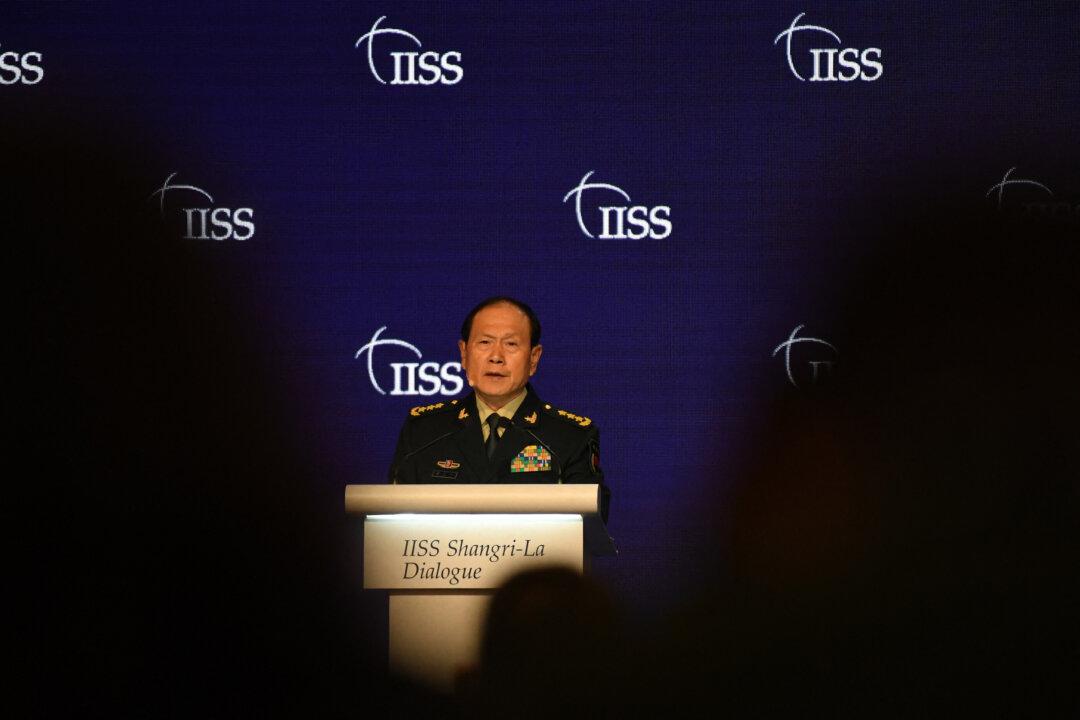Analysis
Two former Chinese defense ministers are facing military prosecution for alleged abuse of power, bribery, and “betrayal” of the Chinese Communist Party (CCP) and the military mission, according to state-run media.

Two former Chinese defense ministers are facing military prosecution for alleged abuse of power, bribery, and “betrayal” of the Chinese Communist Party (CCP) and the military mission, according to state-run media.